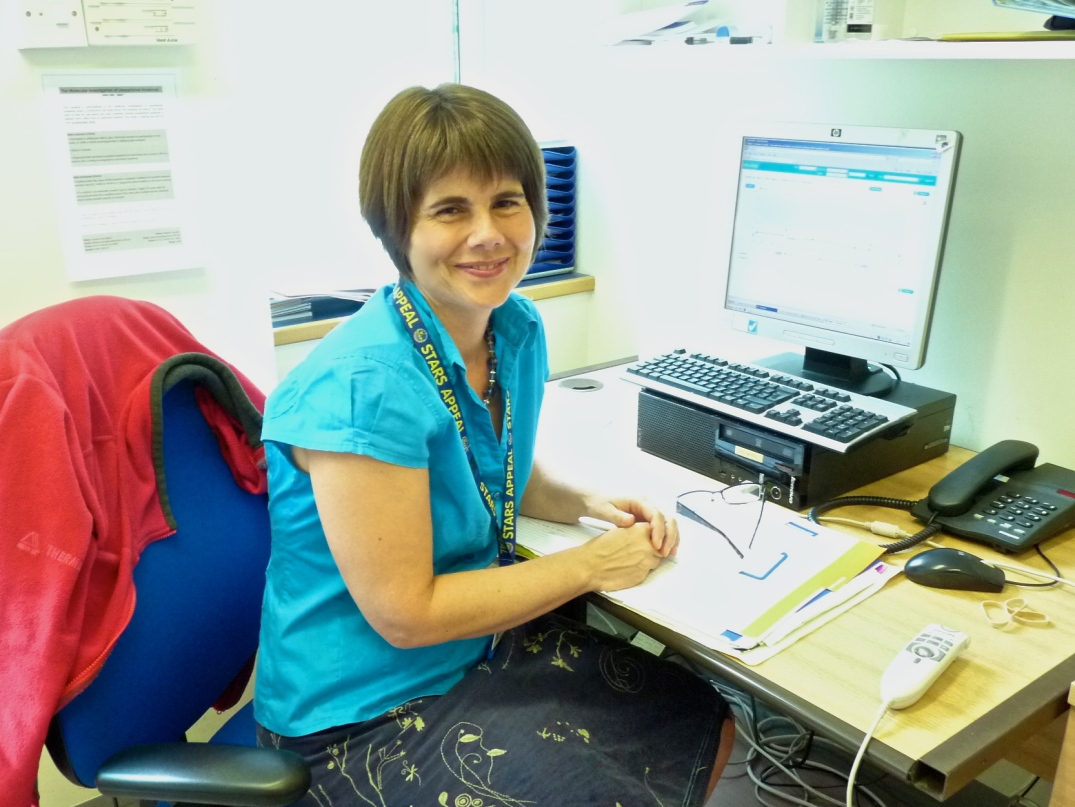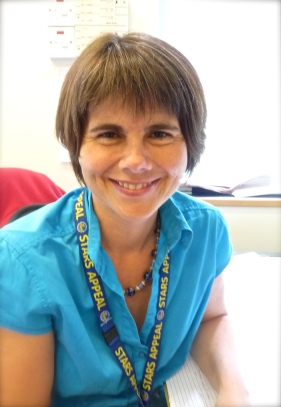
I was surprised but not shocked, to see this Care Quality Commission rating chart posted on the window of my local GP surgery (National Health doctor’s office) with the 80% overall rating: Inadequate.
Responses to the question Are services Safe? and Are services Effective? achieved Inadequate. The only different responses on the whole chart were GOOD for Are Services Caring? And REQUIRES IMPROVEMENT for the question Are Services Responsive? None were regarded as OUTSTANDING.
All the ‘Patient Group’ categories achieved INADEQUATE. Not one single listing was marked otherwise.
Older People – Inadequate
People with long term conditions – Inadequate
Families, children and young people – Inadequate
Working age people (including those recently retired and students) – Inadequate
People whose circumstances may make them vulnerable – Inadequate
People experiencing poor mental health (including people with dementia) – Inadequate
I was informed by staff and patients gossiping at the pharmacy next door that if there are not improvements by this Autumn the surgery would be closed down.
There are no dentists in the area – I travel 25 miles to Bournemouth to see mine. This is the only doctors’ surgery in this densely-populated area for miles. I know there to be five good doctors of different nationalities at this surgery who are all under a lot of pressure.
The reception staff often have a difficult time sorting out priorities in a number of languages and have problems registering the transient numbers of temporary residents here from students to immigrant workers.
The system in place also means that it is near impossible to ever get to see the same doctor twice. The telephone can ring all day trying to get an appointment or even to cancel one. It can be an 8-week wait to get to see a doctor. If it is ‘urgent’ patients need to queue up in all weathers outside for at least half an hour before surgery opens in the morning to make sure they receive one of the ’emergency appointments’ allocated for that day only. This is no easy task for someone who is too ill to go to work, women holding babies crying in pain or people with crutches standing on one leg. Once open, appointment slots are usually filled within 30 minutes and none remain for anyone who can get through by telephone. Though if it is serious you can request a call-back from a doctor who may be able to give advice later in the day by phone. Only one type of emergency can be diagnosed each time – If you happen to have an earache when you have gone in about passing blood, then you have to make another appointment.
Prescriptions and hospital referrals get lost, not to mention whole files, and various bodily fluid samples get too old to be tested with neglect. It is no wonder that people end up going straight to hospital, which I must say are marvellous in Southampton with what they have to cope with.
Contrary to popular belief, the NHS not a free service either, the average working person pays around £8,500 per annum with their compulsory National Health contributions. With the rapid population increase and cuts to social services it is like being thrown back to the early 1900s.
There’s my rant for the day. So. What are doctors’ offices like where you live?


You must be logged in to post a comment.